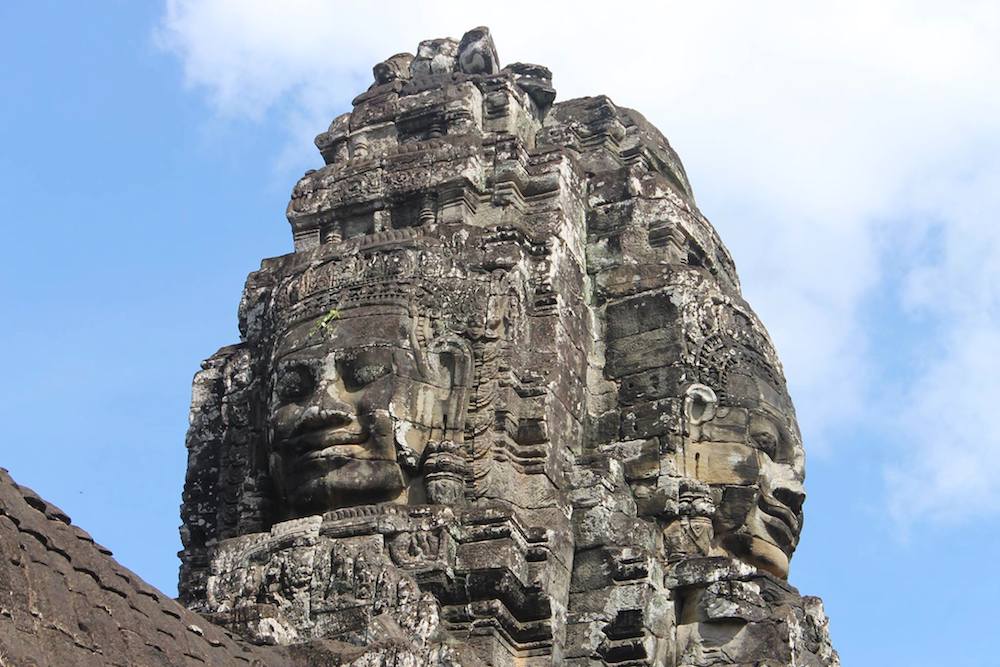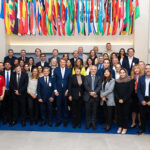
(TAN): The International Network of Sustainable Tourism Observatories (INSTO) of the World Tourism Organization (UNWTO) hosted its latest Asia Workshop in Siem Reap, Cambodia, with representatives from 10 nations contributing to key discussions on the effective monitoring and management of tourism destinations.
As tourist numbers continue to rise across the Asia and the Pacific region, Member States of UNWTO are taking the initiative in using data to ensure such growth is properly and responsibly managed. Among those represented at this latest Asia Workshop were Observatories based in Australia, China and Indonesia. Joining them were stakeholders from the public and private sectors and from academia.
[ALSO READ: Should Boeing take President Trump’s April advice seriously?]
UNWTO and the Ministry of Tourism of Cambodia, in collaboration with the Monitoring Centre for UNWTO Sustainable Tourism Observatories (MCSTO), jointly organized this INSTO Asia Workshop to further advance dialogue among both established and potential observatories across Asia-Pacific region. The talks also helped strengthen knowledge about the regular monitoring of tourism at the local level.
Representatives from China shared their experiences of how observatories there were established, as well as on how they are managed and perform their monitoring role with the measurement of key issues (local satisfaction with tourism, economic benefits, employment, tourism seasonality, energy and water management, sewage management, solid waste management, governance). Alongside this, representatives from Indonesia discussed how observatories can act as an instrument for implementing tourism policies related to sustainable tourism development, while one of UNWTO’s latest INSTO members, the Australia’s South West Tourism Observatory presented their experience of establishing a new observatory.
Senior tourism officials from Bangladesh, Malaysia, Maldives and Nepal were also in attendance and signalled their commitment to joining UNWTO INSTO in the future. Japan and the Republic of Korea also demonstrated strong interest in establishing observatories. This was welcomed by Dr. Dirk Glaesser, Director of Sustainable Development of Tourism, and by Mr. Harry Hwang, Deputy Director of Regional Department for Asia and the Pacific.




